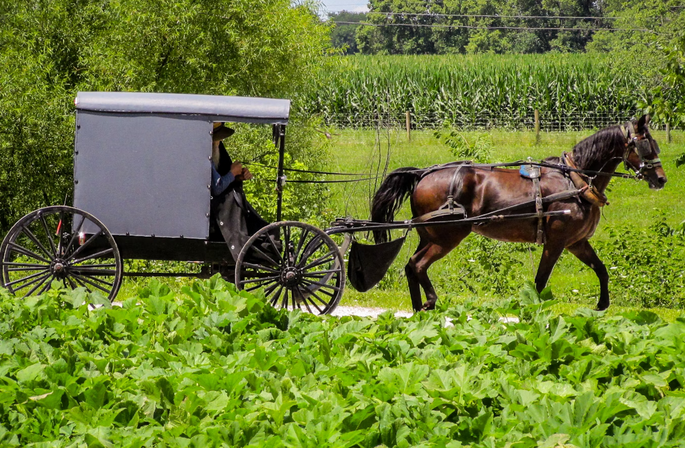Horses are simply majestic. They’re creatures that have played an extraordinary role in shaping human civilization throughout history. From providing transportation and aiding exploration to being essential in agriculture and warfare, horses have been pivotal in our development as a species.
Join me on a journey through time as we explore how these magnificent animals have influenced the course of humanity in more ways than one.
Transportation, Exploration, and Trade
Imagine a time before cars, trains, or planes – when horses were simply the primary and most efficient mode of transportation. These powerful animals allowed humans to travel vast distances, opening up new frontiers and connecting distant lands. Horses were also indispensable companions to adventurers seeking to chart uncharted territories.
From the Silk Road to the Wild West, horses carried explorers across rugged terrain and through harsh environments with unmatched speed and endurance. Moreover, in the world of trade, horses played a crucial role in advancing and facilitating commerce between civilizations. They transported goods along ancient trade routes, enabling the exchange of valuable commodities and fostering economic growth and cultural exchange between distant societies.
Agriculture
The relationship between horses and agriculture dates back thousands of years, revolutionizing the way humans cultivate crops and manage land. Horses provided farmers with the strength and speed needed to increase productivity on farms, leading to more efficient food production to sustain growing populations. Their presence enabled humans to expand agricultural practices beyond what was previously possible by hand.
Through their work in agriculture, horses became indispensable partners in shaping human civilization. The bond between horse and farmer forged a connection that transcended mere companionship; it became a partnership vital for survival and progress.
Warfare

Looking back at mankind’s history on Earth, humans are simply no stranger to wars. But since the very beginning, the power and speed of these majestic animals revolutionized the way wars were fought. From ancient cavalry charges to medieval knights on horseback, horses provided mobility and strength on the battlefield. They allowed armies to move quickly, flank enemies, and retreat when needed. The bond between warrior and horse was essential for success in battle. Knights trained tirelessly with their steeds, forming a deep connection that often determined victory or defeat.
Cultural Exchange
In addition, the role of horses in shaping human civilization goes beyond transportation, agriculture, and warfare. Cultural exchange is another significant aspect in which horses played a crucial part. From the Silk Road to the Spanish conquest of the Americas, horses facilitated cultural interactions and exchanges. The introduction of horses to new regions often led to cultural diffusion and the sharing of knowledge and practices. For example, when Spaniards brought horses to the Americas, it not only transformed indigenous societies but also influenced art, music, language, and even cuisine.
In Asia, nomadic tribes like the Mongols used horses as a means of communication and trade with neighboring civilizations. This interaction resulted in an exchange of ideas, technologies, beliefs, and traditions that shaped both Eastern and Western cultures.
Overall, their presence has facilitated cultural exchange between civilizations and influenced the development of societies across the globe. The bond between horses and humans truly goes beyond utility; it is a testament to the profound deep connection and bond that can exist between different species.

